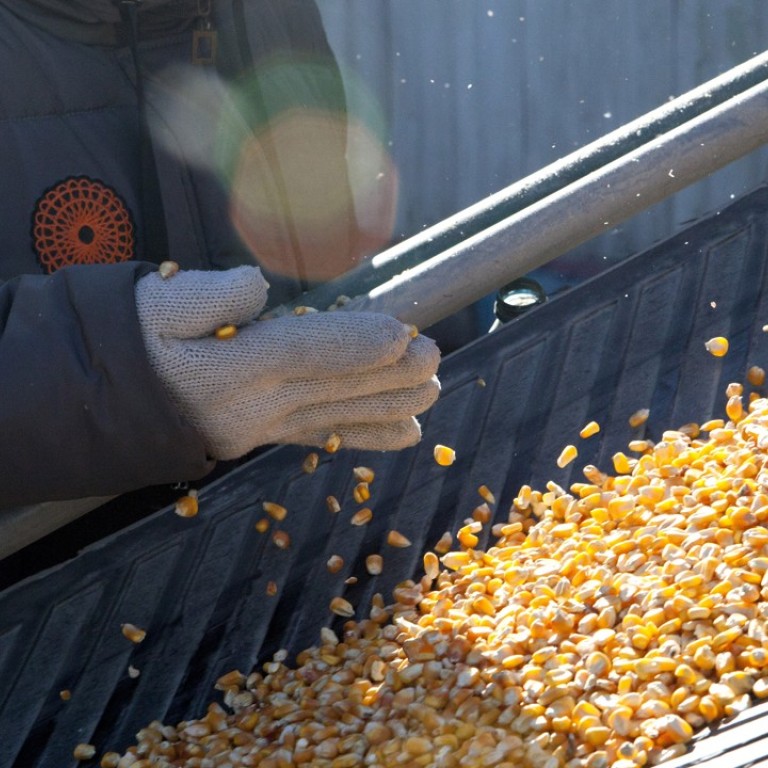
JD.com’s fintech unit promises to lower cost of pig farming with new digital tools
- Stockbreeding intelligent solution includes machine vision, AI-enabled analytics, robots and IoT technologies
Facial recognition technology is widely used in China for everything from opening bank accounts to catching jaywalkers – but the one thing these applications have in common is they target humans. Now the technology is being used on pigs and that may soon extend to cows and sheep if the finance arm of tech giant JD.com has its way.
In Beijing on Tuesday, JD Finance rolled out its so-called stockbreeding intelligent solution, a package of digital tools including machine vision, artificial intelligence-enabled analytics, robots and internet of things technologies, to help the country’s farmers raise better animals at lower cost.
The company is currently working with China Agricultural University and the Chinese Academy of Agricultural Sciences to test the smart solution on pigs although it pledges to bring the technology to more animals and “digitise traditional agriculture practices”.
The move is part of a broader strategy to expand beyond its traditional fintech business, which includes a new brand name. At the same event in Beijing, JD Finance unveiled a new brand – JD Digits – to accommodate its foray into more sectors, including smart cities and digital marketing.
JD Digits’ machine vision technology tracks and identifies pigs using overhead cameras. At the basic level, the system is able to measure the growth of each pig, monitor their health and control room temperature.
“Combined with more sophisticated AI-enabled analysis, the solution is expected to provide individualised feeding plans for each pig, which can help produce better meat at lower cost,” said Li Defa, a professor with China Agricultural University, who is working with JD Digits on bringing such technology to the pig rearing industry.
Li said China accounts for half of the world’s supply of pigs – some 700 million animals – but the cost of rearing a hog in China is about twice that of the US due to higher inefficiencies in feeding.
JD Digits said its intelligent solution can lower farmers’ costs by 30 per cent to 50 per cent a year and cut five to eight days off the time it takes to rear a pig.
JD.com is not the only Chinese tech company to venture into production of the country’s favourite meat. In 2009 William Ding Lei, chief executive of Chinese video games company NetEase, established a farm to raise hormone-free black hogs, although the goal of the project is less about making money and more about raising awareness of food safety in China.
China’s largest e-commerce company Alibaba Group Holding earlier this year launched its ET Agricultural Brain, a digital tool aimed at boosting agricultural efficiency, crop yields and income for China’s farmers by enabling them to make better use of big data.
Alibaba’s agricultural “brain” has already been adopted by a number of pig farming corporations to track their animals. Alibaba is the parent company of the South China Morning Post.

